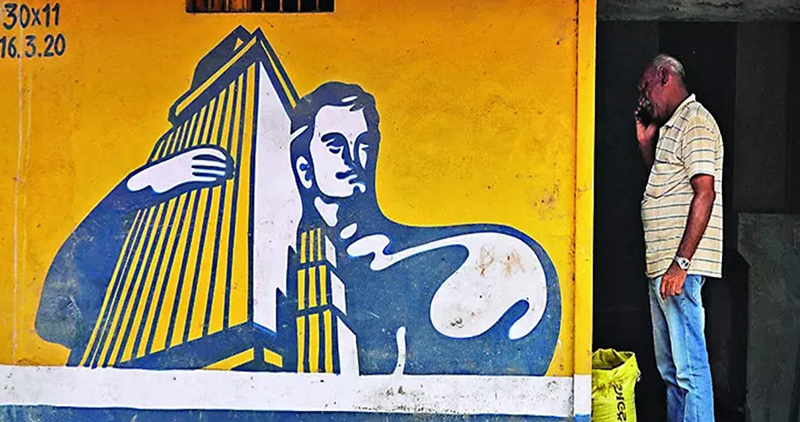Adani family invested ₹ 6,661 crore in Ambuja Cement: Due to this, their stake in the company increased by 3.6% to 66.7%, the share rose by more than 2%.
Billionaire Gautam Adani’s family has invested Rs 6,661 crore in Ambuja Cement, increasing their stake in the cement making company by 3.6% to 66.7%. Ambuja Cement has given information about this in its exchange filing.
Earlier in October 2022, Adani Family had invested Rs 5,000 crore in Ambuja Cements through warrants. After the acquisition, the company’s promoters have so far invested Rs 11,661 crore in Ambuja.
The company said that this investment will strengthen its financial position and we will be able to take advantage of emerging opportunities along with taking forward the development plan. Adani Group had bought Ambuja Cement and ACC Cement for $10.5 billion in June 2022.
This is a testament to the strong belief in the vision and business model.
Ajay Kapoor, CEO of Ambuja Cement, said, ‘We are thrilled to announce the Adani family’s decision to increase their stake. The fund provides capital flexibility to Ambuja to fast-track growth.
“This is not only a testament to the strong belief we have in our vision and business model, but also reinforces our commitment to provide long term sustainable value creation to our stakeholders.”
Ambuja Cement shares rose by more than 2%
Ambuja Cement shares are seeing a rise of more than 2% today. At 1 pm, the company’s shares were trading at Rs 614 with a rise of 2.19%. Ambuja Cement shares have seen a rise of more than 46% in the last 6 months.
What is a warrant?
A warrant is a type of financial contract. Companies use it to raise funds. It gives investors the right to buy or sell a certain number of shares of that company at a fixed price before expiry.
Indian and US warrants can be executed at any time on or before the expiry date, while European warrants can be executed only on the expiry date. A warrant giving the right to buy shares is called a call warrant. At the same time, those giving the right to sell shares are known as put warrants.



